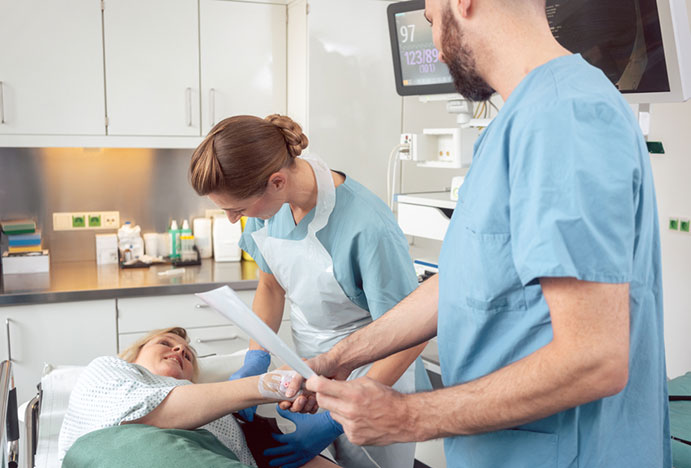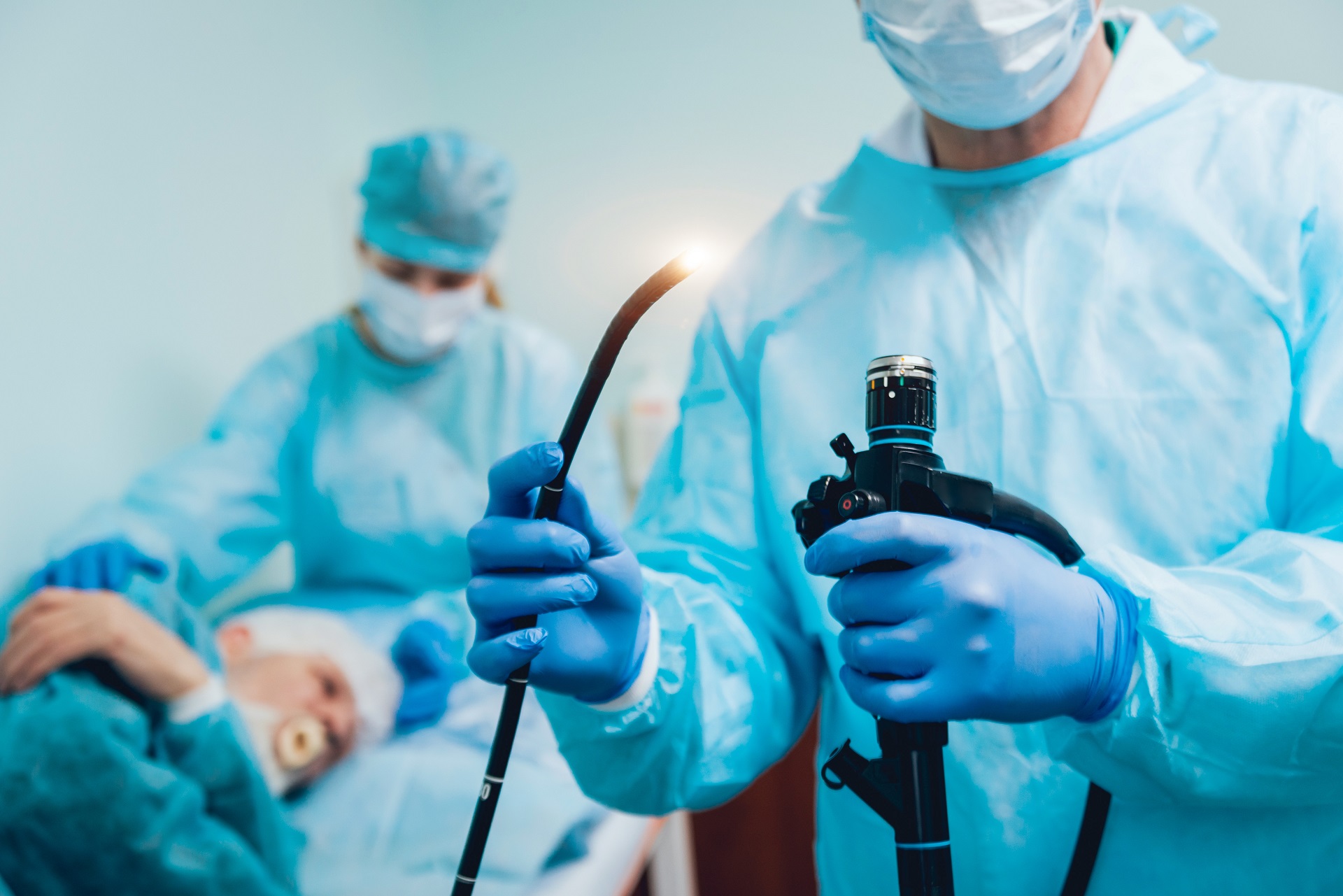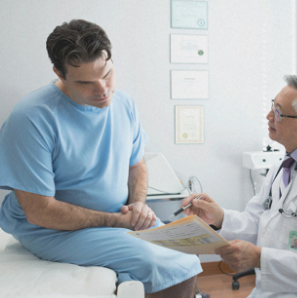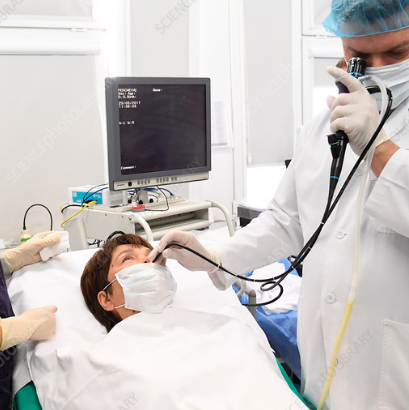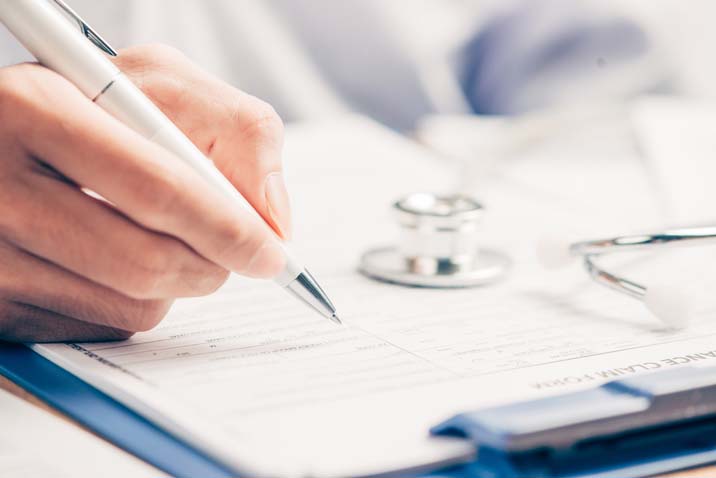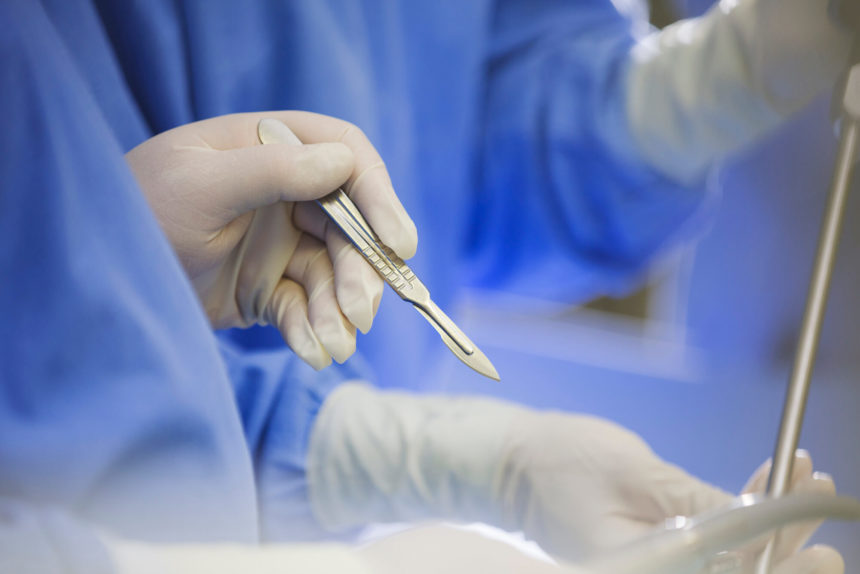Colonoscopy in Mauritius
Search and Compare the Best Clinics and Doctors at the Lowest Prices for Colonoscopy in Mauritius
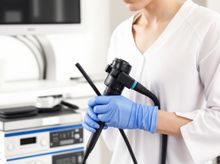
No Time?
Tell us what you're looking for and we'll reach out to the top clinics all at once
WHY US?

No Time?
Tell us what you're looking for and we'll reach out to the top clinics all at once
What does a Colonoscopy Procedure Involve?
A colonoscopy procedure begins with the preparation phase, often referred to as 'bowel prep', which usually starts a couple of days before the procedure. This process mainly involves taking laxatives to clean out your bowel, which is essential for clear visualization of your colon during the procedure.
On the day of the procedure, you will be made comfortable with the aid of sedatives. The procedure involves the gentle insertion of a long, flexible tube known as a colonoscope - fitted with a tiny camera - through the rectum and along the length of the colon. This allows the doctor to inspect the entire colon, detect any abnormalities and take biopsies if required.
The colonoscopy itself usually takes around 30 to 60 minutes. Although it might sound daunting, remember that your comfort is paramount to the doctors and the procedure itself is typically painless, thanks to the sedatives used.
How Long Should I Stay in Mauritius for a Colonoscopy Procedure?
Colonoscopy is often an outpatient procedure, meaning that you can typically go home the same day after recovery from sedation. However, you will need to arrange a ride home after the procedure because the sedatives used during a colonoscopy can take a while to wear off, making it unsafe for you to drive or operate machinery for at least 12 hours.
The recovery period at the clinic or hospital normally ranges between 2 to 3 hours. During this time, the medical staff monitors you as the sedation wears off. You might experience some bloating or cramping due to the air that was pumped into the colon during the procedure, but this usually resolves quickly.
Seeing that a colonoscopy is a day procedure, whether you're local or visiting Mauritius, you don't need to plan an extended stay for this procedure. However, should any complications arise or if a large polyp is removed, your doctor may advise a short stay for observation.
What's the Recovery Time for Colonoscopy Procedures in Mauritius?
The recovery phase following a colonoscopy is typically swift, with most patients being able to return to their regular activities the very next day. One thing to note is that due to the sedatives that you'll receive during the procedure, it's not uncommon to feel a bit sluggish or out of sorts for a few hours post-procedure. Hence, arranging for a close one to drive you home is necessary.
Some individuals might notice a slight bloating or gassiness, owing to the air that was pumped into the colon to provide a better view during the procedure. This discomfort should be short-lasting and usually disappears within 24 hours. As for diet, unless your doctor advises otherwise, you should be able to resume normal eating habits the day following the procedure.
However, these timelines can vary person to person. If you experience severe pain in your abdomen, high fevers, or observe significant blood in your bowel movements, these are indicators of potential complications and you should get in touch with your doctor straight away.
What sort of Aftercare is Required for Colonoscopy Procedures in Mauritius?
Aftercare following a colonoscopy in Mauritius is quite straightforward. Following the procedure, you will be allowed to rest until the effects of the sedation wear off. You must have someone with you to drive you home, as you won't be able to drive for 24 hours.
Once home, you can begin to eat and drink normally but start with light foods as your stomach might still be sensitive. It's also best to refrain from any vigorous activities on the day of the procedure. As your doctor about any medication adjustments, especially if you had polyps removed.
Also, because of the sedation, it is advised not to make any crucial decisions or sign any legal documents within 24 hours post-procedure. It's essential to follow all aftercare instructions provided by your healthcare provider and report any unusual symptoms such as severe abdominal pain, heavy rectal bleeding, or high fever.
What's the Success Rate of Colonoscopy Procedures in Mauritius?
Good news is, research shows that colonoscopies usually have a success rate of about 90% in locating polyps or tumors in the colon. But, this might vary based on different things. This includes the skill level of the doctor conducting the procedure and the quality of the equipment used during the process. Your personal health conditions, your age, and any existing risk factors could also impact this rate.
Colonoscopy is a very useful method for identifying potential problems in your colon and rectum. It enables the doctor to get a detailed look at the lining of your colon, identify and get rid of any polyps, and if need be, grab samples for further testing. The sooner these potentially precancerous polyps or tumors are found, the better chances you have of getting effective treatment and improved health. So without a doubt, colonoscopy is a trusted and impactful
Are there Alternatives to Colonoscopy Procedures in Mauritius?
In case you're wondering, yes, there are indeed different alternatives to a colonoscopy procedure. It's vital though to note that despite these alternatives, colonoscopy still takes top place when it comes to accurately screening for colon cancer. There are other options you could consider, like sigmoidoscopy, testing your stool, and CT colonography. However, each of them has its own limitations.
Take sigmoidoscopy for instance, it only looks at part of the colon, hence, it might overlook issues in the upper part of your colon. Stool tests are another option; they don’t require hospital visitation and can be performed at the comfort of your home. Their downside though is that they might not be as precise in detecting polyps or early-stage cancers. As for CT colonography, it’s great in creating detailed images of your colon, but if it does find something abnormal, you'll likely still need a follow-up colonoscopy.
So yes, alternatives to colonoscopy exist, but it's important to sit down with your doctor and discuss which one suits your particular situation best. A friendly reminder - the best screening test is the one that’s actually taken. Even better if it's reliable and accurate.
This information has been accurately sourced and verified by a medical professional for its accuracy, however, we strongly recommend you to consult with your doctor before pursuing medical procedures overseas.

